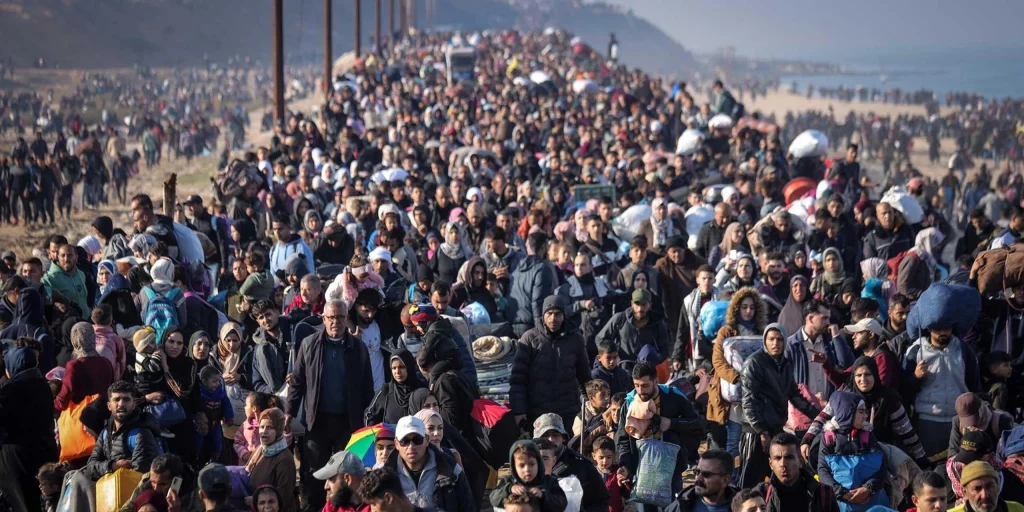The world is facing one of the most severe refugee crises in modern history. In 2025, more than 122 million people are forcibly displaced due to conflict, climate change, and political instability. These figures go beyond numbers — they reflect lives uprooted, families separated, and dreams interrupted.
Root Causes of Displacement
Several factors drive the current refugee crisis:
- Conflict and War: Countries such as Sudan, Yemen, and Ukraine continue to experience armed conflicts, forcing millions to flee.
- Climate Change: Rising sea levels, floods, droughts, and extreme weather are creating new waves of displacement. Climate refugees are now an urgent global concern, but legal protections remain limited.
- Political Instability: Weak governance, persecution, and human rights violations contribute to forced migration.
Challenges Refugees Face
Reaching safety is only the beginning of the struggle. Refugees face:
- Overcrowded Camps: Limited access to healthcare, clean water, shelter, and education.
- Legal Barriers: Difficulty in obtaining asylum or legal residency.
- Integration Issues: Host countries face challenges integrating refugees due to economic, political, and social pressures.
Global Response and Gaps
International organizations play key roles in addressing displacement:
- UNHCR and IOM: Provide essential protection and assistance for refugees.
- Humanitarian Aid Programs: Supply food, shelter, and medical care.
- Policy Development: Some countries adopt progressive refugee policies, but many still resist offering adequate protection.
Gaps remain:
- Limited funding for long-term refugee support.
- Insufficient legal frameworks for climate refugees.
- Inconsistent cooperation between countries.
Why the Refugee Crisis Matters to Everyone
The refugee crisis is not just a humanitarian issue — it is a moral challenge. It forces us to reflect on:
- The balance between national security and the right to sanctuary.
- The need for fair and humane asylum processes.
- How our choices today will shape the future for displaced people and the world.
What Can Be Done
Solutions require global cooperation and individual action:
- Governments should create fair and sustainable immigration and asylum policies.
- International Organizations must be strengthened and adequately funded.
- Host Communities should promote inclusion and support integration programs.
- Individuals can:
The global refugee crisis of 2025 is more than a political or logistical challenge — it is a test of humanity. How we respond will define our values and legacy.
We must choose compassion, cooperation, and action to protect the dignity and future of displaced people worldwide. The question is: will we rise to this challenge, or will we allow fear and division to shape the future?

